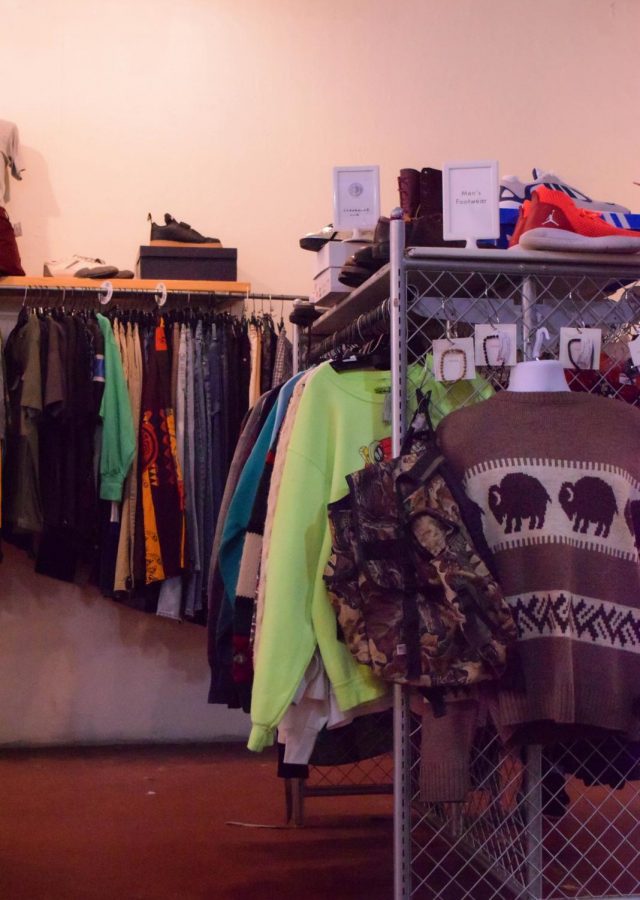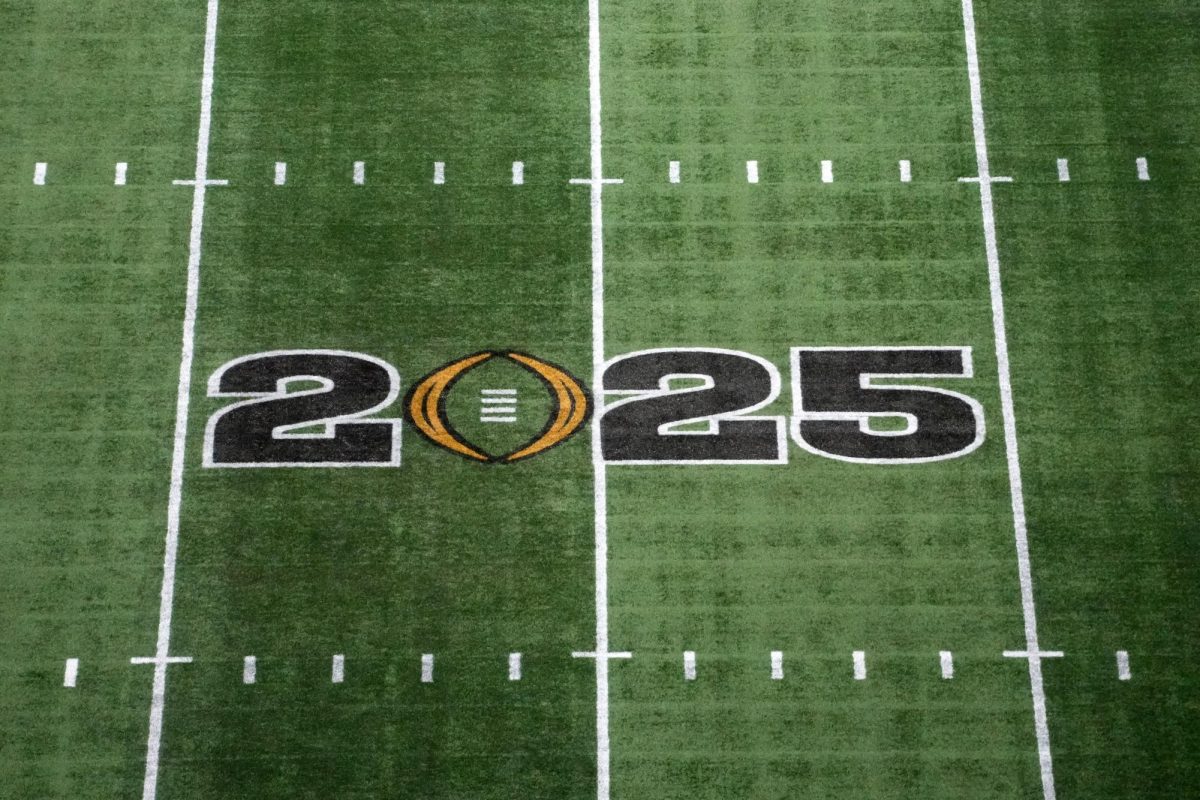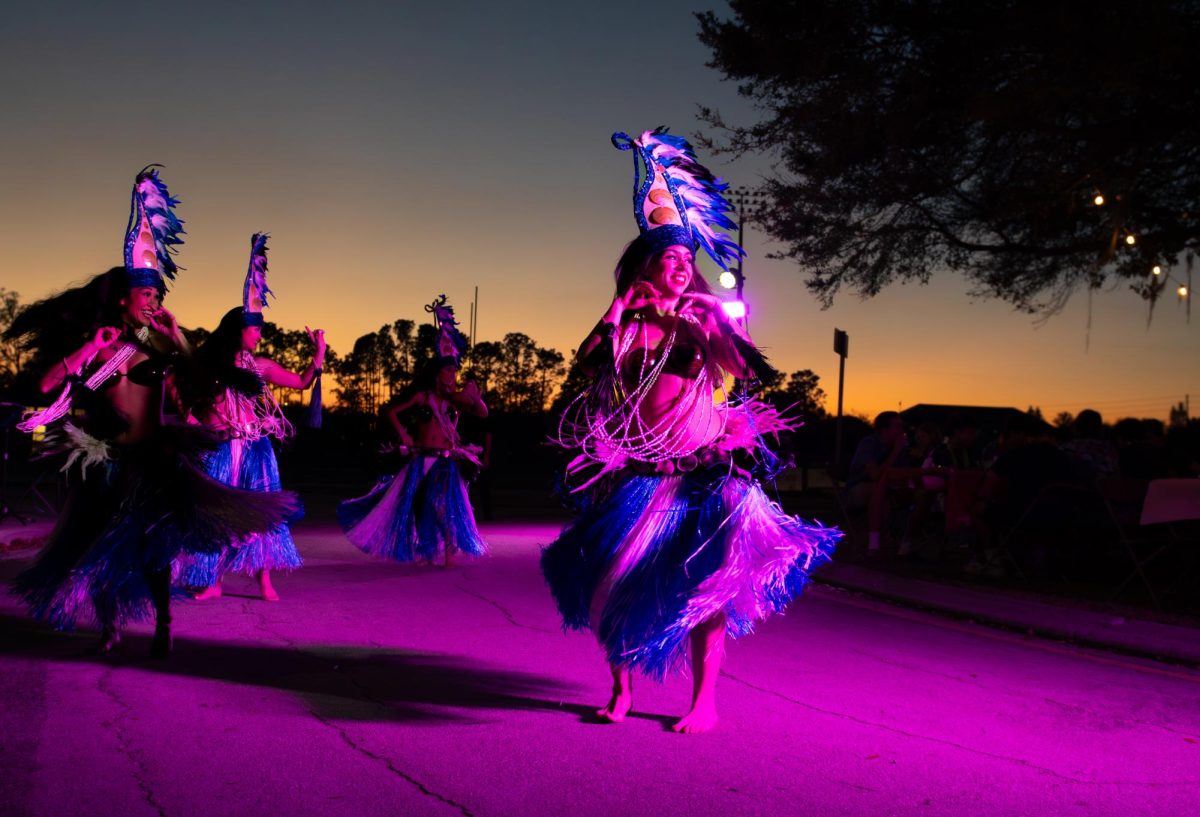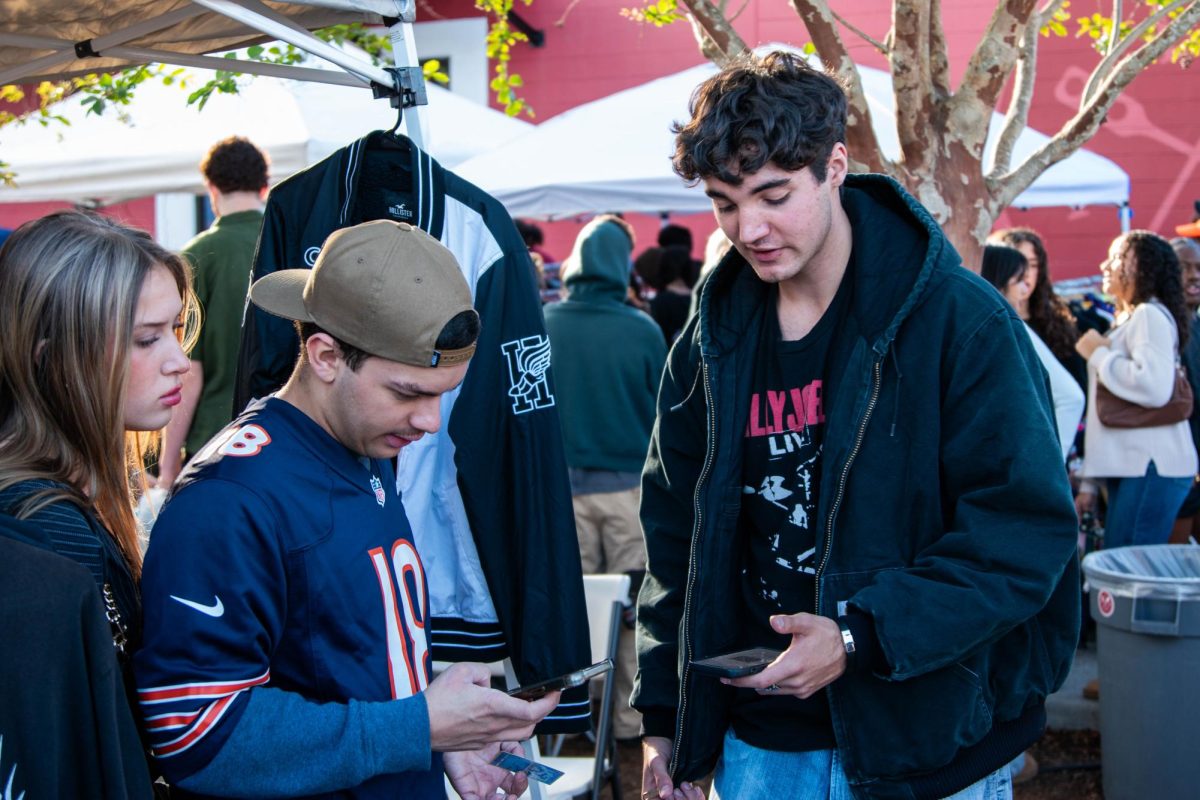These days it’s easy to bemoan the widespread consumerism in our society. However, there is a segment of discerning shoppers who choose to spend their money in a different way: at thrift stores.
Thrift stores were created in the late 1800s to provide affordable, second-hand clothing to shoppers. Their popularity, and need for groups like Goodwill and the Salvation Army, peaked during the Great Depression when poverty was widespread. Almost 100 years later, thrift stores are experiencing a resurgence. But why would someone choose to sift through racks of used clothes? The reasons are varied.
They have since transformed from shops marketed towards working-class people shopping for affordable second-hand clothes, to one-of-a-kind destinations that capture a mix of current trends and authentic style. In the Orlando area, popular thrift stores range from Avalon Exchange, Dechoes Resale and Out of the Closet.
The search for individualism
Thrifting has transformed into a passion for many groups of people, especially millennials and Gen Zs who seek a sense of individualism in their style. They turn to thrift shopping to find one-of-a-kind pieces that they won’t see anyone else wearing.
“Thrifting allows me to buy clothes that make me feel comfortable,” senior Taylor brown said. “Many things mainstream are the product of trends, which then makes them overpriced. The thrift store had a wide-variety and endless possibilities- and at the risk of sounding basic- more clothes from the early 2000s and previous- which are more my style.”
Thrift shopping fosters self-expression and creativity in outfit construction. Junior Max Balon, a frequent thrifter, shared a opinion similar to Brown’s:
“Thrifting has helped me express my own personal style by letting me wear what most people don’t, and also it helped me discover that style and figure out what sense of style fits me the best,” Balon said.
Environmentally conscious
A different benefit to thrift stores is their eco-friendliness. Although it might not seem like it, a simple outfit of jeans and a t-shirt use thousands of gallons of water to manufacture.
Reselling and reusing clothes rejects contributing to the wasteful cycle of fast fashion. By shopping at thrift stores you can help reduce our carbon footprint and shop with intention.
“When I saw all these things online talking about the benefits of thrifting for the environment, I felt better about my choice.” Brown said.
Regardless of their motivation, thrift store shoppers share a love of the hunt for a great bargain or a unique item.
Cost friendly and not so
Companies such as Goodwill are well known to take donations of almost anything, and their resale stores charge affordable prices. On the other hand, there are thrift stores which instead carefully cultivate their inventory of “previously loved” clothes and resell them at not so affordable prices. Some thrift stores, like Dechoes Resale, specialize in creating a selection of vintage clothing from luxury or designer brands so their prices are typically higher.
Depending on a thrift store’s specialization, prices vary. Dechoes has detailed guidelines of the kinds of clothes they will take in order to create a unique selection in their stores.
And the market for thrifting has never been better. The creation of virtual resale apps like Depop and Thread Up give users the ability to resell their clothes exclusively online. Furthermore, many thrift stores have websites so shoppers can have the option of purchasing clothes by mail or in-person.
Today, the variety of thrift stores and list of items they sell is endless, one reason for thrifting’s immense popularity.
“When I go thrifting, I usually look for old, vintage, and earth-toned t-shirts because of my current style and how it’s mainly based around earth tones or darker colors and also having a vintage sense to it,” Balon said. “I also look for unique pants or jeans, since they go for pretty cheap in thrift stores compared to online or in a retail store.”
Not only do many thrift stores have accessible prices, but shopping at them is a great way to support small local businesses in your community.
Ethical concerns
While thrift shopping can be a positive experience with many benefits, it is important to remember that thrift stores were originally and still are necessary for people who cannot afford clothes at their original retail price.
As a result of increased popularity of thrift shopping, many stores have raised their prices limiting the accessibility of thrift stores to people who must buy their clothes from there.
“I think in those instances it’s crucial to remember there are people that might have needed that ‘y2k baby tee’ for their literal baby,” Brown said. “It makes me wonder how many people went without for people to make capital gain.”














